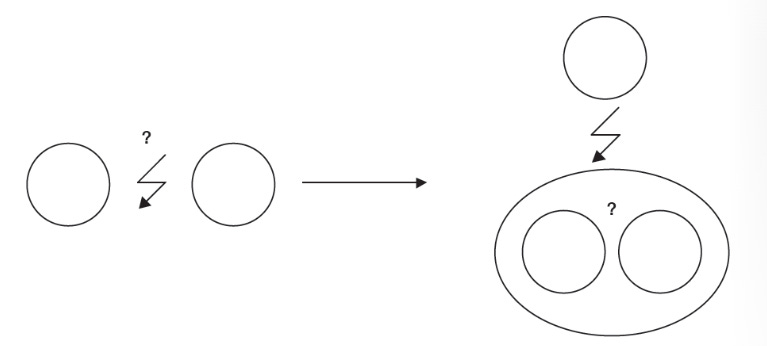Better Conflicts for better energy
My battery is better than your battery. More coal in the meanwhile.
It’s important to think about energy from a biophysical point of view: sources of energy, efficiency, usage patterns, and so on. We might also take a moment to reflect on the cultural and social factors that influence us in decisions on energy use. Among cultural and social factors, one of the most important may be our ‘conflict culture.’
…there are a multitude of nonenergy factors that initiate, control, shape, and direct human decisions to harness and use energies in a myriad of specific ways. Only if one were to equate the quality of life, or the accomplishments of a civilization, with the mindless accumulation of material possessions, would the rising consumption of energy be an inevitable precondition. But such a primitive perspective excludes the multitude of moral, intellectual, and esthetic values whose inculcation, pursuit, and upholding have no links to any particular level of energy use.
Two parties may be in conflict, but a greater conflict with another party may lead the two to put aside their differences.
In a naive model of the world one might suppose that those who believe in the importance of developing a ‘clean’ energy system might put aside their differences as long as there are more important and productive conflicts to focus on.
In reality, this is not the case. People disagree strongly on how to move from dirty to clean energy.
So, for example, the CEO of a company involved with small batteries might argue in a pointed way that big batteries are not useful for a transition towards clean energy. This might annoy parties involved with big battery projects to the point that they focus attention on arguing with the small-battery ecosystem CEO.



